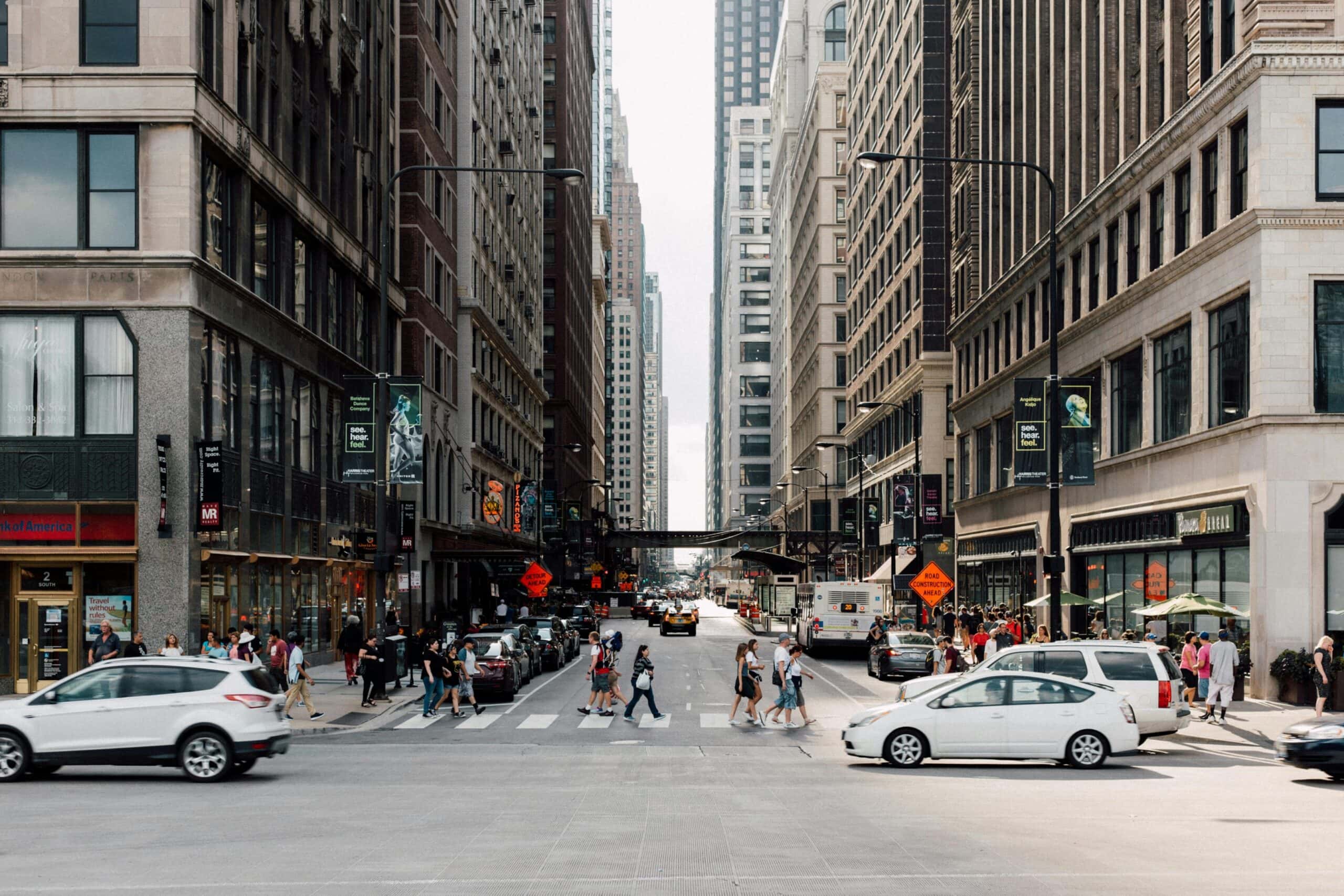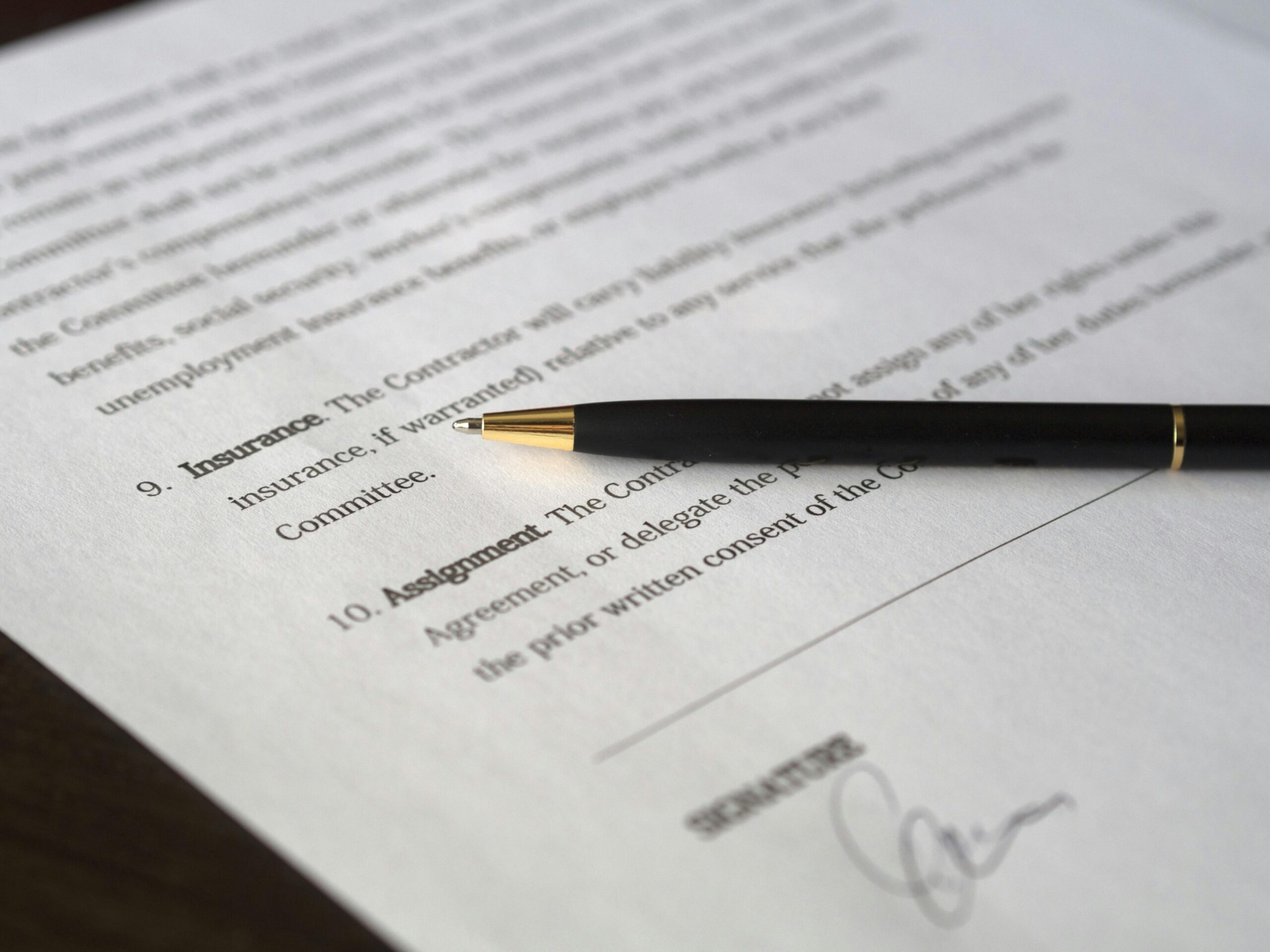
One moment, you’re driving beneath Denver’s open skies, your thoughts drifting between work, errands, or a favorite song on the radio. The next, metal crunches, tires screech, and you’re staring at the shattered pieces of what used to be your calm. The emotional toll of a car accident goes far beyond broken glass and bruises; it rattles your sense of safety, throws your routine into chaos, and burdens you with medical bills and uncertainty. In those first confusing hours, you assume the at-fault driver’s insurance will take care of everything. But what happens when they carry low-policy car insurance or worse, no insurance at all? The question of how victims in Denver can still get paid after a low-policy car insurance accident isn’t just a legal issue, it’s a lifeline for those blindsided by someone else’s recklessness.
You deserve to know your rights. You deserve to seek compensation and healing without being drowned in red tape. Even if the other driver’s insurance coverage falls short, even if you feel alone in the fight, Colorado law offers powerful ways to pursue justice.
Have you been left picking up the pieces after a car crash, unsure of where to turn? Let’s explore how you can still get paid and take back control.
Understanding Low-Policy Car Insurance and Its Real-Life Impact
Low-policy car insurance refers to an auto insurance policy that carries the state’s minimum required limits.
In Colorado, liability insurance must cover at least:
- $25,000 for bodily injury or death per person per accident
- $50,000 for bodily injury or death total per accident (if multiple people are injured)
- $15,000 for property damage per accident
Legal reference: C.R.S. § 10-4-620
While these amounts satisfy legal requirements, they rarely cover the full costs of an auto accident. Victims often face far greater medical expenses, lost wages, and emotional distress. For example, a simple emergency room visit can cost thousands. Add physical therapy or long-term care, and the bills balloon quickly.
Even worse, many insurance companies structure their policies to limit how much they pay. If you’ve been injured by a driver with a low policy or no coverage at all, you must turn to your own insurance company or legal rights to seek compensation. The good news? Colorado law includes legal protections that allow you to receive payment beyond what the at-fault driver’s insurance covers.
Colorado’s At-Fault System and Liability Insurance
Unlike no-fault states, Colorado uses an at-fault system. That means the driver who causes the car crash must pay for the damages. Their liability insurance is the first line of defense in covering medical bills, property damage, and other losses.
But what happens when the other driver’s insurance isn’t enough? You don’t have to absorb the costs. Colorado drivers can rely on their own insurance coverage to help fill the gap. Auto insurance policies often include uninsured motorist coverage (UM) and underinsured motorist coverage (UIM), which are crucial in such situations.
This legal structure empowers you to file a car accident claim against:
- The at-fault party’s insurance provider,
- Your own insurance company under UIM coverage, or
- Both, depending on the extent of damage and insurance policy limits.
This multi-route system ensures victims aren’t left without help, even when dealing with underinsured drivers or outright uninsured motorists.
The Role of UIM and UM Coverage in Protecting You
Uninsured motorist coverage (UM) and underinsured motorist coverage (UIM) exist for one reason: to protect victims when the other driver lacks enough insurance. Colorado requires auto insurers to offer UM/UIM coverage, though drivers may decline it in writing.
If you carry UM/UIM coverage, your own insurance company must step in to pay for:
- Medical expenses not covered by the other driver’s insurance
- Lost wages due to injury recovery
- Pain and suffering (also known as non-economic damages)
For example, if your injuries total $100,000 but the at-fault driver’s liability insurance covers only $25,000, your UIM coverage may pay the remaining $75,000 up to the limits in your policy.
UM/UIM coverage is not mandatory in Colorado, but it’s one of the most powerful tools for financial compensation when the at-fault driver doesn’t have enough insurance.
Legal Rights for Victims of Uninsured or Underinsured Drivers
Colorado law does not leave you defenseless. State statutes require all auto insurance companies to offer UM/UIM coverage (C.R.S. § 10-4-609). If you did not reject this coverage in writing, you likely have it. And if your insurance company wrongfully denies your claim, they may be acting in bad faith, a serious legal violation.
Victims can also:
- File personal injury claims against the other driver, even if they lack sufficient coverage.
- Garnish wages or seize assets from the at-fault party if they are personally liable through legal channels.
- Use collision coverage from their own auto insurance to handle vehicle repairs.
- Coordinate with their health insurance provider for immediate treatment, with reimbursement later through settlements.
Hit and run cases, where the at-fault driver cannot be identified, also fall under UM/UIM coverage. This means you can still file a car accident claim and receive payment, even when no other driver’s insurance exists.
Financial Damages You Can Recover
After a serious auto accident, your losses extend far beyond your vehicle.
You may be entitled to receive payment for:
Medical bills:
Emergency care, surgeries, medications, physical therapy, etc.
Lost wages:
Time missed from work, reduced earning capacity.
Property damage:
Vehicle repair costs and replacement value if the vehicle is totaled, or damage to items in the car or surrounding property.
Legal fees:
If you require legal representation to secure a fair settlement.
Non-economic damages:
Pain, suffering, emotional distress, and diminished quality of life.
Many insurance companies will try to undervalue these losses. That’s why Colorado’s system allows you to challenge low settlement offers and demand the maximum amount you’re owed.
Dealing with Insurance Companies: Know Your Rights
Insurance providers, including your own insurer, often try to delay or reduce your claim by disputing fault or offering low settlements. In Colorado, if your insurance company unreasonably denies or delays a valid claim, it commits bad faith under Colorado Revised Statutes § 10-3-1115. You can file a lawsuit to recover damages such as penalties and legal fees. This law protects first-party claimants making claims under their own insurance policies.
Protect yourself by:
- Documenting every communication with the insurance company,
- Keeping medical records, estimates for vehicle repairs, and proof of lost wages,
- Filing your car accident claim as soon as possible, Colorado’s statute of limitations is three years for most auto accident claims (C.R.S. § 13-80-101).
Don’t let delay tactics or confusing policy language stop you from securing the compensation you deserve.
When the At-Fault Party Has No Driver’s License or Insurance
Unfortunately, some Colorado drivers operate vehicles without a valid driver’s license or auto insurance. If you’re hit by such a driver, you still have options.
UM coverage will likely be your main source of recovery.
You can also:
- Report the driver to the DMV, which may result in license suspension or other penalties.
- Pursue a civil case where the at-fault party is held personally liable,
- Seek payment through other parties involved if multiple drivers share fault.
Even without other drivers’ insurance, Colorado laws give you the right to recover what you’ve lost, especially when you’ve done everything by the book.
You Can Still Get Paid Even When Insurance Falls Short

A low-policy car insurance or uninsured driver doesn’t mean you walk away from a car accident empty-handed. Colorado law provides several layers of protection, through your own auto insurance, uninsured motorist coverage, and legal rights, to help you receive the financial compensation you need.
When facing rising medical bills, mounting legal fees, and the emotional weight of the incident, it’s essential to understand how the system works and take action quickly. While insurance companies may delay or downplay your losses, the law remains on your side.
If you’re overwhelmed or unsure how to move forward, the experienced car accident attorneys at Bourassa Law Group can help guide you through the legal process and make sure you’re treated fairly. Your peace of mind and your financial stability deserve protection.
Contact us today for a free consultation. Let’s help you recover the compensation you’re rightfully owed.





